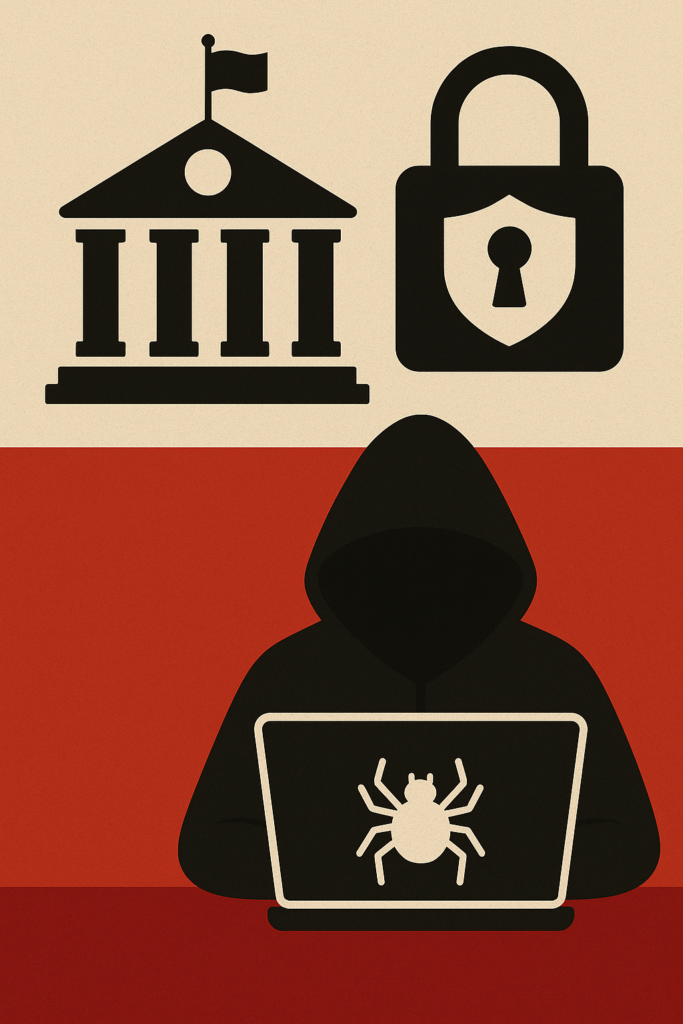Introduction
In an age where communication is just a tap away, so too are threats. India’s cybersecurity agencies have recently flagged an uptick in cyber scams and phishing attempts via WhatsApp, many traced back to Pakistan-based actors. These scams, which range from malicious links to weaponised images, are not just digital annoyances—they’re serious national security threats.

The Method: What These Scams Look Like
- 1. Phishing Links Masquerading as Government Offers
Messages promising “free government schemes,” “job applications,” or “army recruitment updates” are being circulated with links to counterfeit websites. Once a user clicks, they are prompted to enter personal details or unknowingly download spyware. - 2. Infected Images & PDFs
Seemingly innocent image files (like greeting cards or event posters) or PDF documents claiming to contain official notifications are embedded with malware. When opened, these files can silently activate spyware that captures device data. - 3. WhatsApp Verification Code Scams
Hackers pose as friends or officials, requesting users to forward them a WhatsApp verification code “sent by mistake.” If shared, it allows the attacker to hijack the victim’s account and impersonate them to scam others. - 4. Job Scam Rings
Fake job offers—particularly those targeting students and ex-servicemen—are being sent through WhatsApp and Telegram. Victims are asked to pay a “processing fee” or share Aadhaar numbers, banking details, and more. - 5. ‘Pak Spyware’ in Disguise
Some links being circulated have been confirmed to lead to Android APK files or cloned app pages. These install hidden spyware that can access messages, contacts, camera, microphone, and even live location.
Traces to Pakistan: What the Intel Shows
According to cybersecurity analysts, IP tracking and server trails of several such scam networks lead to Pakistani-based cyber groups. Intelligence also reveals coordination with groups previously involved in online propaganda and disinformation campaigns. These digital attacks are seen not only as criminal activities but as extensions of hybrid warfare.
Impacts
- 1.Compromised WhatsApp accounts have been used to spread further malware.
- 2.Sensitive data leakage has affected ex-army officials and civil servants.
- 3.Emotional and financial trauma has been inflicted on victims, especially youth and elderly individuals unfamiliar with cyber hygiene.
Government & Cybersecurity Response
- 1. India’s CERT-In and National Cyber Coordination Centre (NCCC) have released public advisories.
- 2. WhatsApp accounts flagged for suspicious activity are being mass-banned.
- 3. Citizens are urged to enable two-step verification and avoid clicking on unknown links or files.
- 4. Educational campaigns are underway in schools and military institutions to raise awareness.
Conclusion

What seems like just another WhatsApp message could be a doorway to identity theft or surveillance. As cyber warfare becomes increasingly sophisticated, digital awareness is no longer optional—it’s a shield. Users are encouraged to treat unknown messages the same way they’d treat a suspicious package: don’t open it, report it.

Great 👍